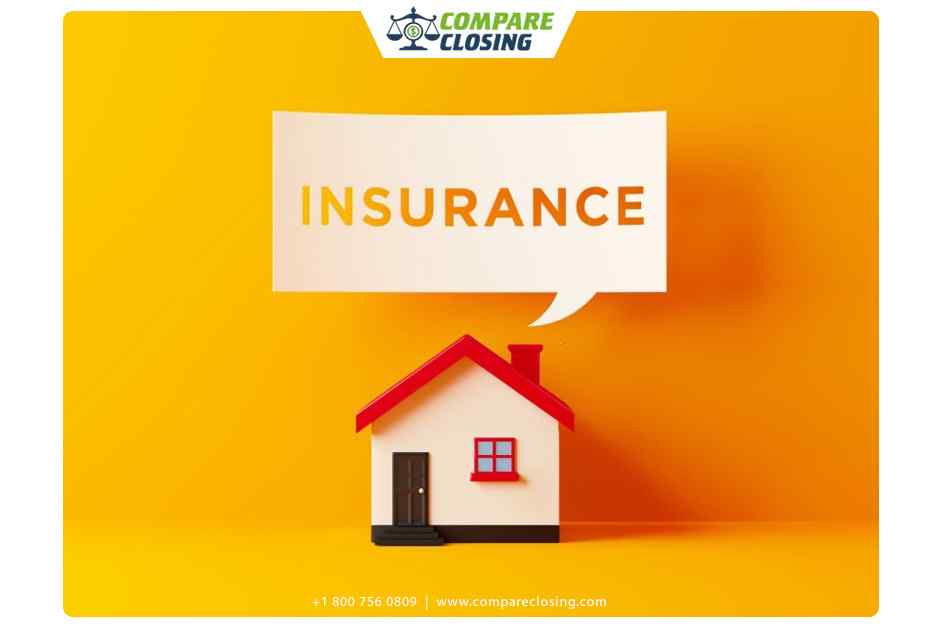Your insurer will pay for the damages to your house in the event of hurricanes, lightning, fire, vandalism, or other covered disasters.
Furniture, clothing, appliances, and the majority of the other contents of your home are included in the insurance.
You may also get ‘off-premises coverage and file an application for your lost jewelry, no matter where you lost it.
However, there may be a limit to the amount that your insurer will compensate you. Based on the data, a majority of insurance companies provide coverage for 50%-70% of the total amount of insurance you have on the property or home.





